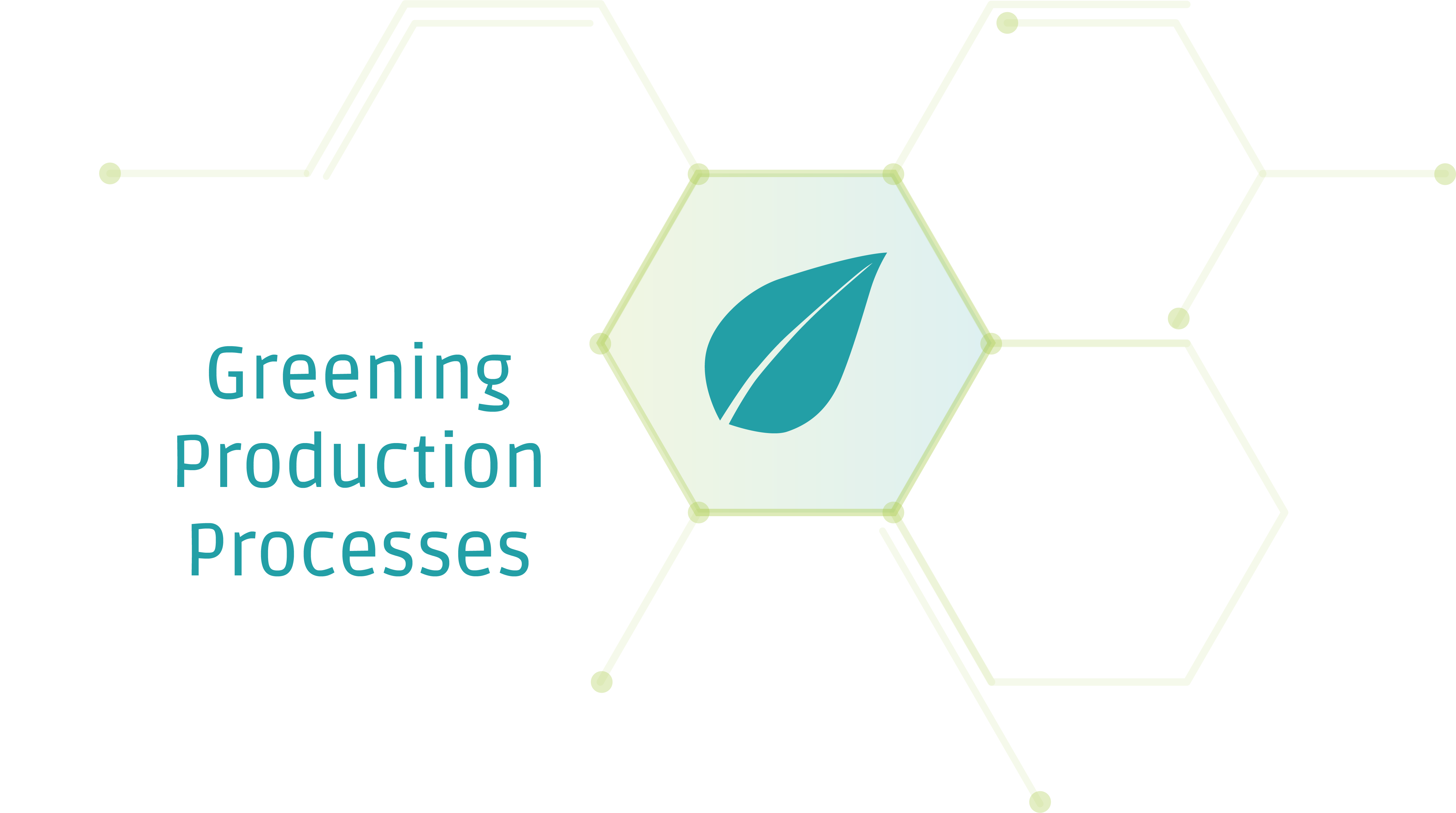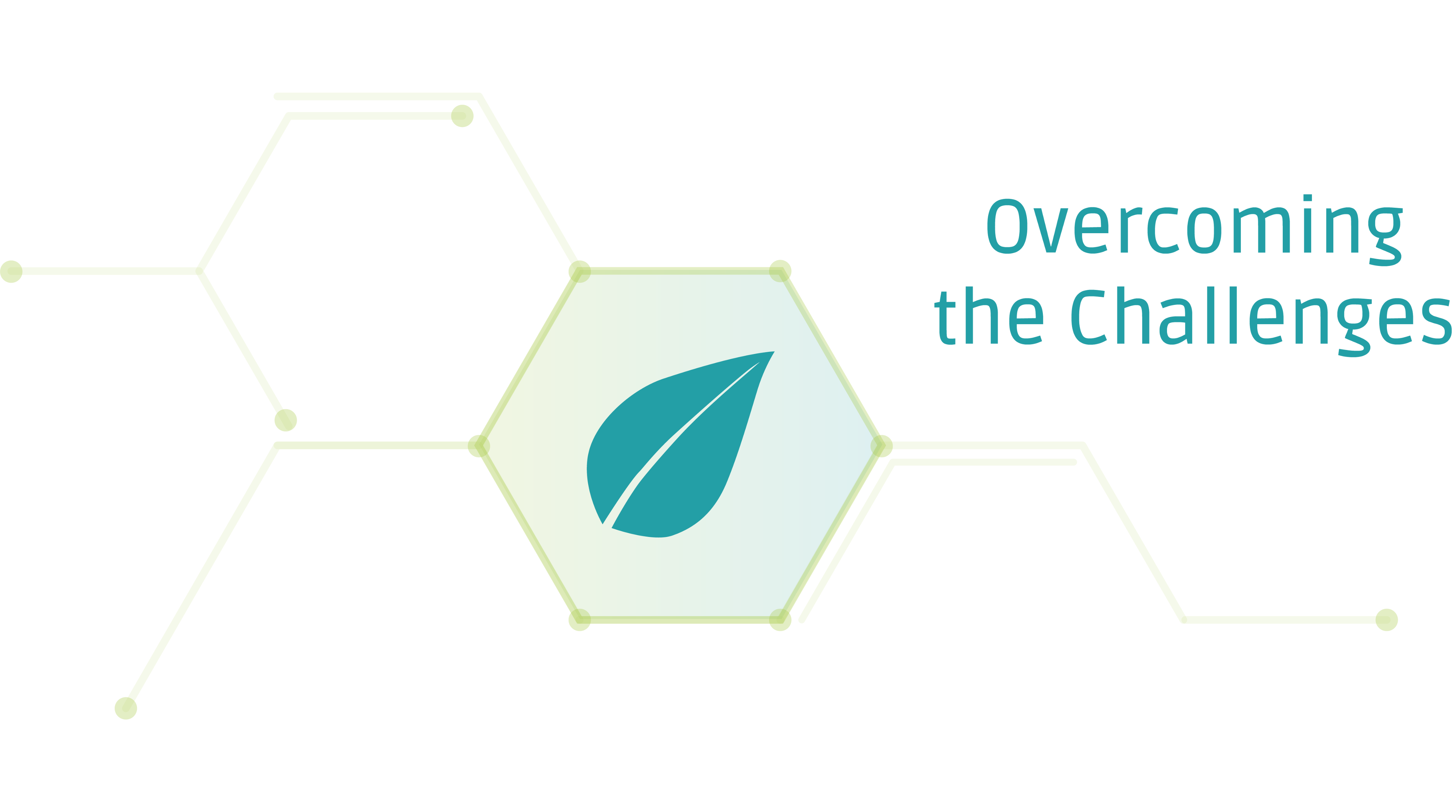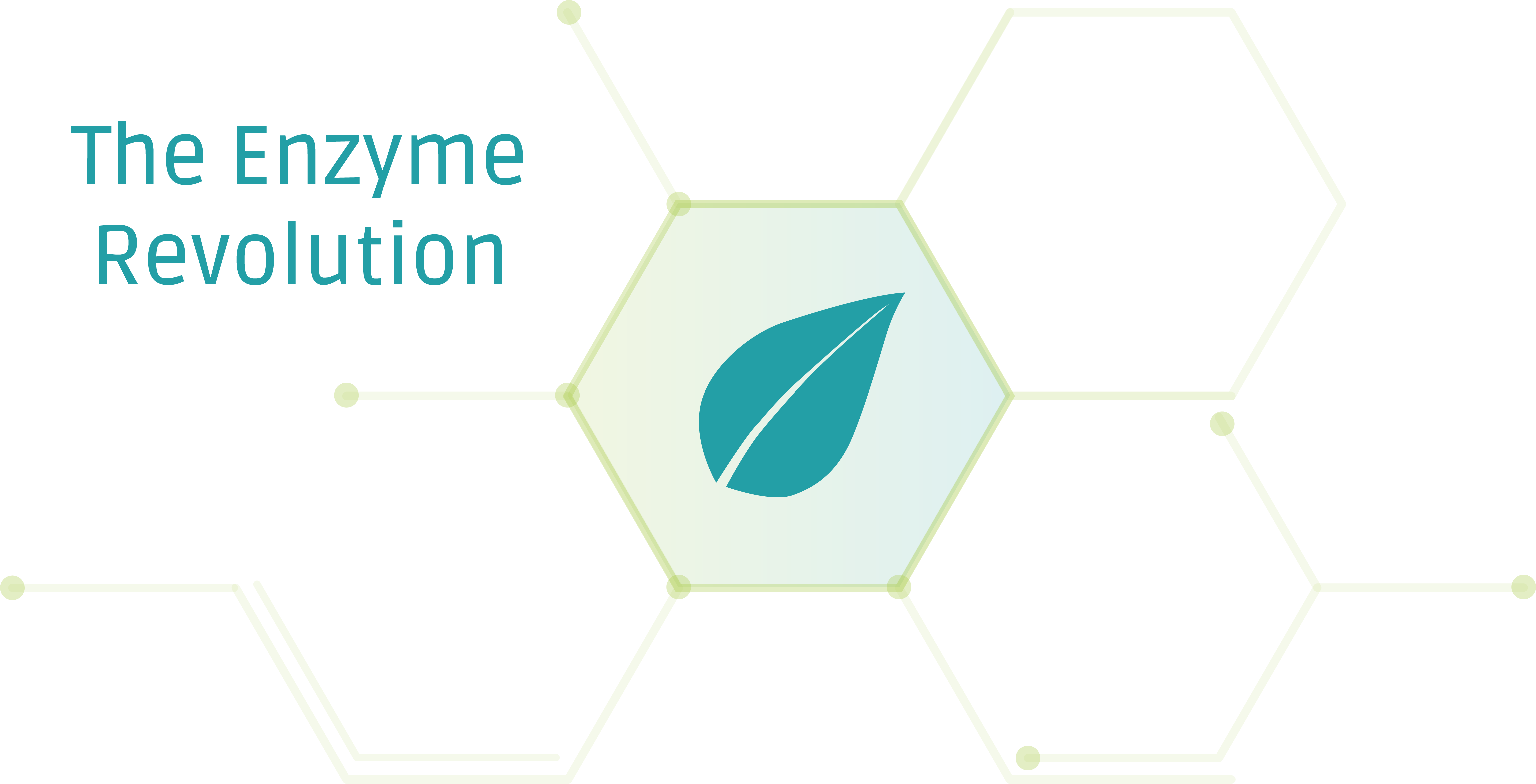
Enzymes

Enzyme development is costly and time-consuming

OXIPRO will speed-up oxidoreductase discovery and development by using efficient computing and the newest biotechnology

OXIPRO is developing green and innovative solutions in four consumer sectors, and assessing the environmental impact, carbon footprint and carbon handprint along the value chains.
In OXIPRO, enzymes also facilitate the reuse of wastewater and biomass, thereby supporting the transition from a linear to a circular economy.
Target Industries
- 01
- 02
- 03
- 04
Sunscreens
When we go swimming, 25% of the sunscreen we have rubbed into our skin transfers into the water. Sunscreens contain chemicals that threaten marine life by negatively affecting growth, reproduction, and photosynthesis. OXIPRO will replace these polluting ingredients with natural ones, thereby supporting cleaner marine waters and ecosystems.
Textiles
Home textiles production and consumption create considerable environmental, climate and social impacts. With new enzymes, OXIPRO will target steps in cotton processing that will increase wastewater reuse (circularity), and result in significant water, chemicals, and energy savings.
Nutraceuticals
The process of fileting fish gives rise to 50-70% of raw material that is commonly wasted or used in non-food applications. Enzyme-based processes can be used to generate healthy fish protein supplements. In OXIPRO, enzymes will target odours, thus improving consumer acceptance of these products. OXIPRO will support new bio-based and circular value chains based on the use and upcycling of edible biomass.
Detergents
Modern laundering methods save energy by enabling washing at low temperatures. However, the risks of biofilms and potential pathogens on equipment and fabrics require hygienisation procedures using harsh chemicals. OXIPRO targets enzyme-driven hygienisation steps to improve detergent performance, thus reducing the risk of chemical pollution.
Target stakeholders




